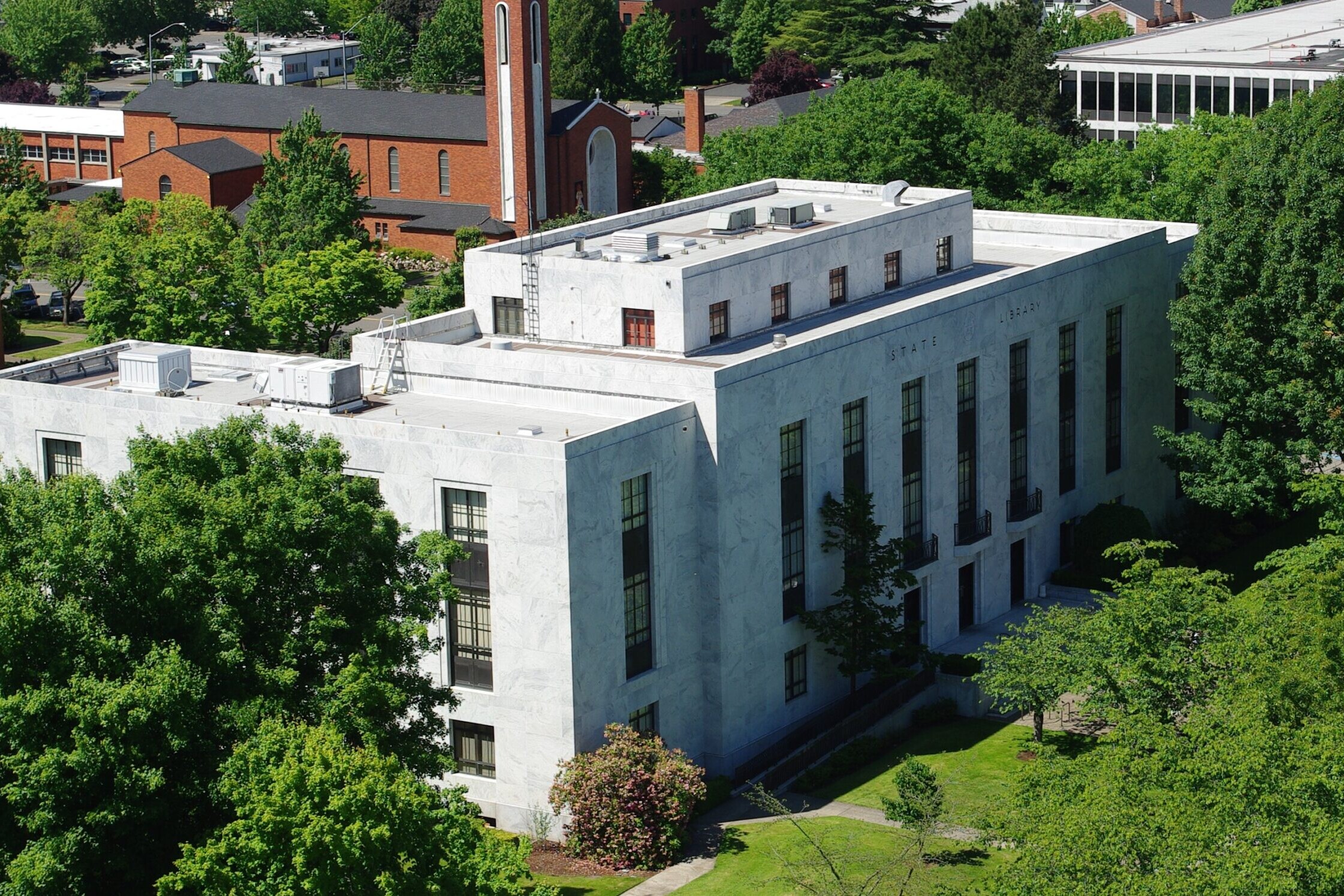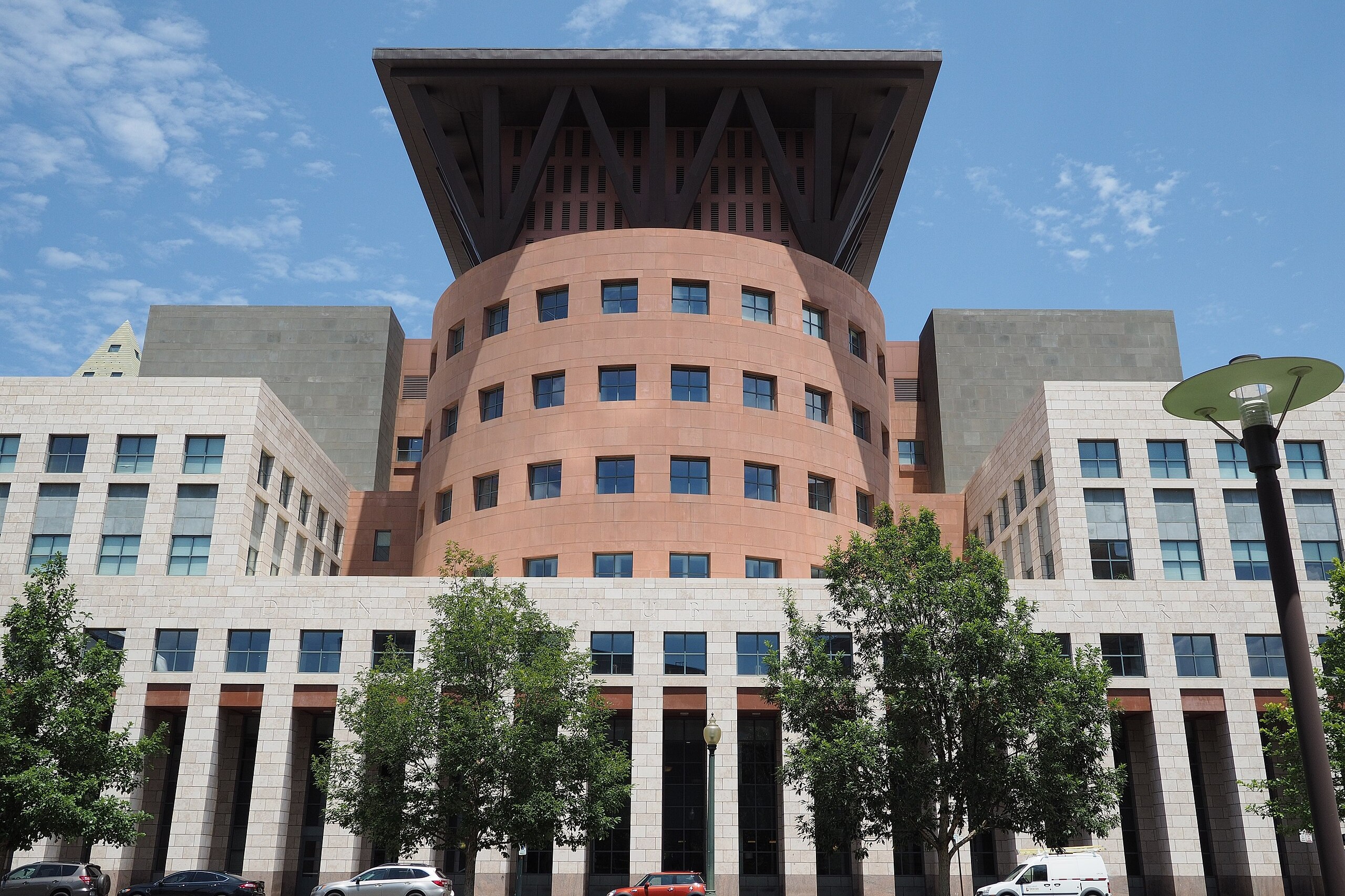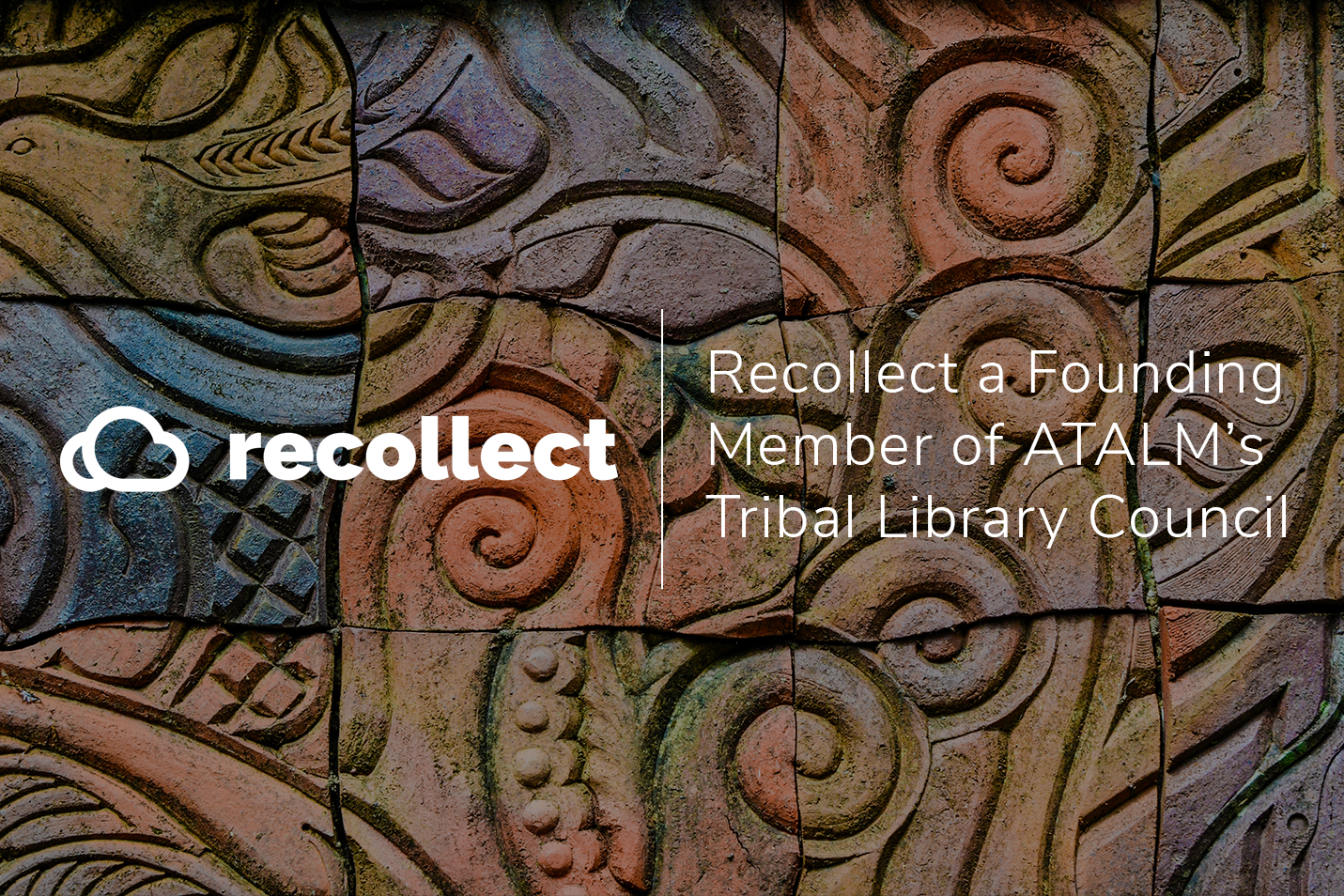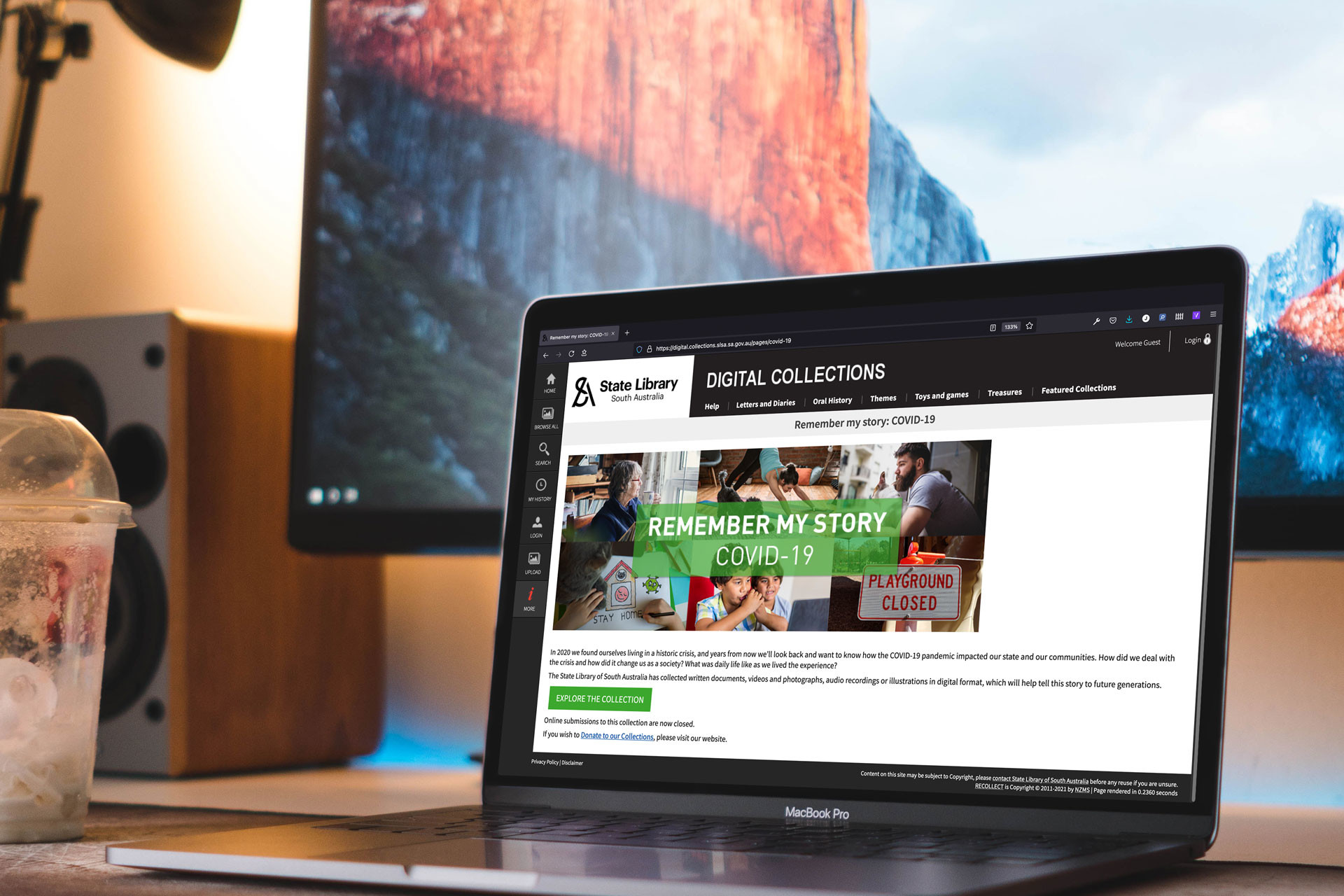Does your institution or organisation manage and maintain special collections?
If so, a collection management system (CMS) can help!
A comprehensive CMS, like Recollect, can improve your in-house digital asset management. It helps you manage information about individual items in your collection as well as the collection as a whole. A CMS can be an important resource for your organisation’s internal members whether you work in a gallery, library, archive, or museum. It generates engagement from your community with the addition of special features and online tools. Staff, visitors, and customers alike can research and add knowledge to your collections through a smart CMS. Data created and captured within your CMS can supercharge special collection activities like accessioning, cataloguing, and loaning — resulting in increased efficiency and better results without additional overheads.
The International Data Corporation observes that 80-90% of enterprise data is unstructured and exists in a variety of siloed organisation systems. If this sounds familiar, the following points demonstrate how a CMS can better utilise your data and improve its accessibility.
All your data
in one smart system.

A CMS will house and protect your digital collections and associated data. This data can take many different forms and serve a range of purposes; it can exist as a photograph, document, video, metadata, conservation record, licence agreement, or exhibition history, etc.
Enhanced discovery
Keep all your information in one easy to manage place with a CMS. Seeing collections as a whole gives you the opportunity to discover new connections and themes between related data which might have been otherwise invisible. It can become a valuable platform for research, both for your internal staff and wider community. Large amounts of disorganised information can be overwhelming to researchers, but a CMS can sort your data into a searchable database that is intuitive and collections focused.
Enhanced reporting
A CMS shapes collection-related data so it can be analysed by business intelligence tools and visualisation systems. Data organised within a comprehensive CMS, not only makes archival activities more efficient, but it also becomes a repository for internal teams to draw insights from their own processes.
Data-enabled decision making
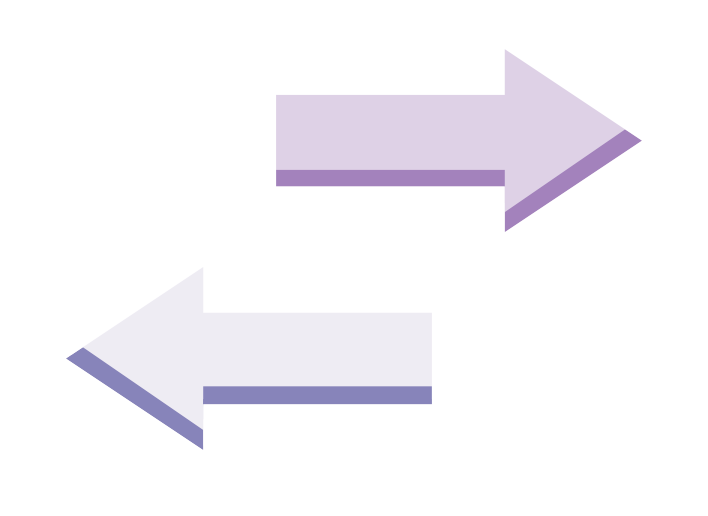
Your collections face many risks: they can be misplaced, damaged in storage, suffer from inappropriate conservation, or simply be undervalued. A well-maintained CMS provides extensive protection for your collections and helps to mitigate potential risks. The internal benefits of a CMS is not only limited to management tasks, it also pushes your team into a new era of data-enabled decision making.
“The next generation of special collections librarians and archivists must be intelligent creators, manipulators, and consumers of quantitative data. They need skills in quantitative data analysis and database querying, as well as knowledge of data definitions and data modelling. Moreover, they must foster critical thinking skills around quantitative data, providing tools needed to understand the proper and improper use of data analyses to support claims.”
Joyce Chapman and Elizabeth Yakel in Data-Driven Management and Interoperable Metrics for Special Collections and Archives User Services (2012).
A CMS highlights the gaps in your collection and allows you to recognise further research or acquisitions that could enhance the quality of your collections. Viewing all your collections in one place within a CMS can assist curatorial decisions, including how collections are presented or exhibited to the public.
Streamlined internal operations

A CMS ensures that data describing a collection’s attributes (its origin, valuation, and context) is available to the users that need access to it. This can support your team’s activities including accessioning, cataloguing, stocktaking, and even disposal. A smart CMS will make relevant information available when it is required; it will reveal information like loan history, copyright requirements, high-resolution images, or specific data such as geolocation. Your staff will spend less time retrieving items from physical archives when they have access to a CMS because up-to-date and correct information will be at their fingertips.
As an all-in-one platform, a CMS supports collaboration and gives your team the ability to work together on joint archival projects as well as streamline their individual tasks and duties. Your collection management will be more reliable and uniform within a CMS. Its simple framework can provide consistency across naming, numbering, cataloguing, and terminology. This means internal processes can be better defined and followed by your team.
Enhanced external engagement
Collections and their associated knowledge can be raw material for a number of creative or commercial endeavours. Your collections could be inspiration or supporting material for anything from podcasts, feature films, or doctorial theses. Creating a digital archive and an online presence encourages discovery, interaction, and engagement with your collections. A CMS can help you foster successful community engagement programmes and establish rewarding commercial partnerships.
Humanities Data Curator at the University of California Santa Barbara, Thomas Padilla, describes three “conceptual frames” that institutions can use to transform their data into a tool for community engagement:
-
-
- Generativity: to increase meaning making capacity.
- Legibility: to document and convey provenance and possibility.
- Creativity: to empower experimentation.
-
Maintaining a comprehensive CMS can also help you better connect with your users and visitors. These connections can be forged by frequently uploading new digital assets with linked metadata, configuring your platform to encourage visitor interaction, and by analysing user behaviour. Institutions can utilise their CMS to unlock valuable knowledge and drive a passionate community of contributors.
Open access CMS allows for engagement with your collection from external experts. In a completely controlled and moderated environment, these experts can offer useful knowledge about specific parts of your collection. You can also permit volunteers and members of your community to contribute their own knowledge and personal history related to your collections.
In this increasingly digital world, a CMS facilitates the creation of online exhibitions that can enhance and promote community engagement. A well-structured CMS will provide you with the material you need to create rich experiences that capture the imagination of online and in-person visitors.





